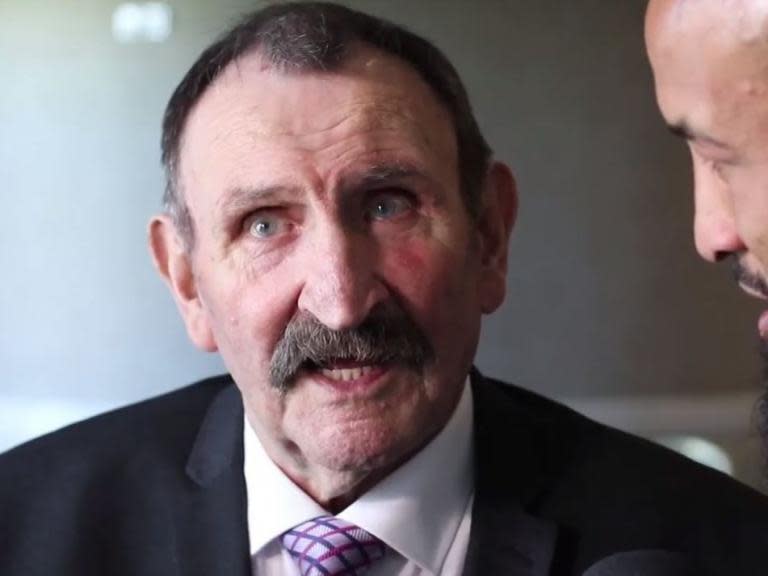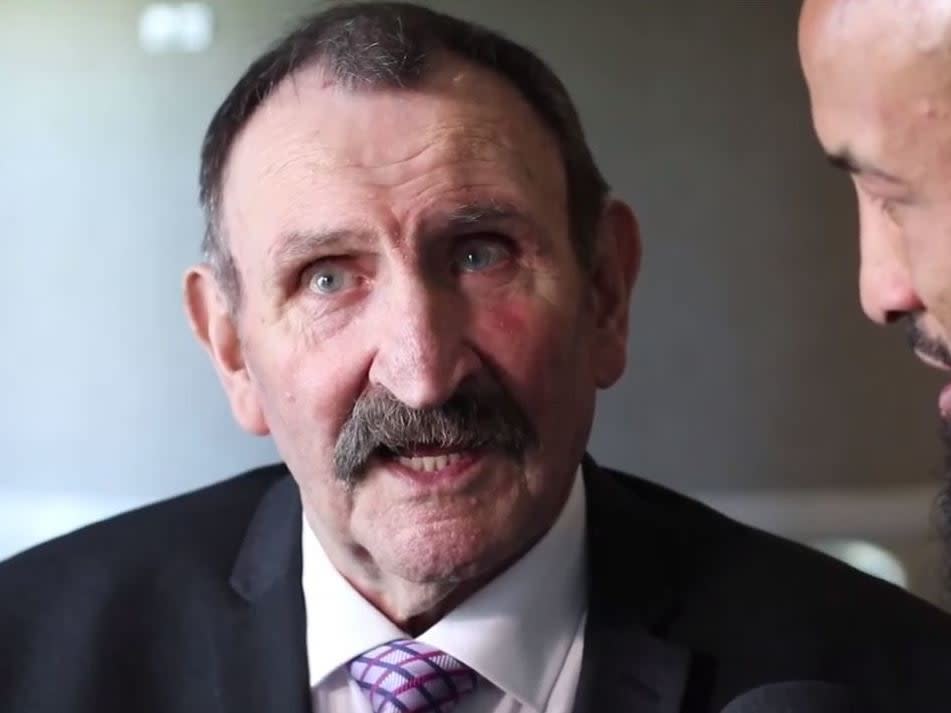Maurice Bamford: Rugby league coach whose passion for the game never faded
Rugby league is not renowned for its romantics in the way that, say, cricket and football are. Maurice Bamford, who served as coach to the Great Britain side and to leading clubs Wigan and Leeds during a long and varied career in the 13-a-side code, was the exception who proved the rule.
Bamford, who died at the age of 83 after a long struggle against cancer, described in a 2004 interview how he wept while watching the season’s highlights because it was “such a beautiful and sincere game” which had “the power to move the hardest man”. The game, he continued, was blessed with a “brutal beauty”.
Born in Kirkstall, Leeds, Bamford was initiated into rugby league at school after the Second World War. His progress as an amateur earned a contract with Hull FC in 1953, but he failed to make the first team at The Boulevard and departed for Dewsbury in 1957, spending seven years there before injury truncated his career.
Bamford coached at amateur level before being appointed assistant coach at Dewsbury in 1972. He returned to them twice as head coach, had three spells with Bramley and worked for Bradford Northern, Workington, Halifax, York and Keighley (as well as Oxford University).
However, it was the stints at Wigan and Leeds which highlighted his credentials to lead Great Britain. He liked to recall waiting to be interviewed in the boardroom of Wigan’s old Central Park ground in 1981 when suddenly the floodlights came on. “There were red and white stands and the most famous acre of turf in rugby league. I just said: ‘Give me the contract. I’ll sign.’”
The club were rebuilding after relegation in 1979-80 and Bamford guided them to 11th place in the First Division. That was tantamount to failure, but he left on a high note with a victory over great rivals St Helens. “You’d have thought I was crown prince of Europe the way I was treated after that,” he said.
The first of two spells with Leeds started in 1983 with an 18-match unbeaten run which included a John Player Trophy final triumph. The opportunity to coach Great Britain came the following year – “I were speechless,” Bamford remembered in 2017, which must have been a first – and his first series came against the New Zealand tourists in 1985. The first Test brought chastening defeat; the second delivered a win inspired by Garry Schofield’s four tries; and in the third a last-gasp penalty by Britain’s Lee Crooks scraped a 6-6 draw.
The latter performances encouraged optimism for the 1986 home series against world champions Australia. It proved misplaced, even with talents such as Ellery Hanley, Andy Gregory, Shaun Edwards and Schofield at Bamford’s disposal; the Kangaroos won all three Tests by an aggregate of 96 points to 35. Australian reporters were bemused by his pre-match press conferences, which tended to be long on anecdotes and jokes but short on tactical or technical talk.
By December he was back at Leeds, doubling up with the international team for a time. After the 1987-88 campaign he relinquished the Headingley position to become commercial manager. Yet he soon resumed his coaching rounds. His final role was with Preston-based Lancashire Lynx in 2000, though in 2004 he briefly coached West Yorkshire’s Bailiff Bridge Panthers.
Bamford maintained involvement in rugby league by becoming an accomplished media operator, working in TV, radio and the press. He was also a prolific author, writing a number of biographies and collections of amusing stories about his beloved sport. His autobiography, Memoirs of a Blood and Thunder Coach, was published in 2002.
Two years later, Bamford listed the three things he cherished most: “My family, my faith – and I can only thank God that I found the finest game in the world.”
Maurice Bamford, rugby league player, coach, journalist and author, born April 1936, died 22 May 2019

 Yahoo News
Yahoo News 
